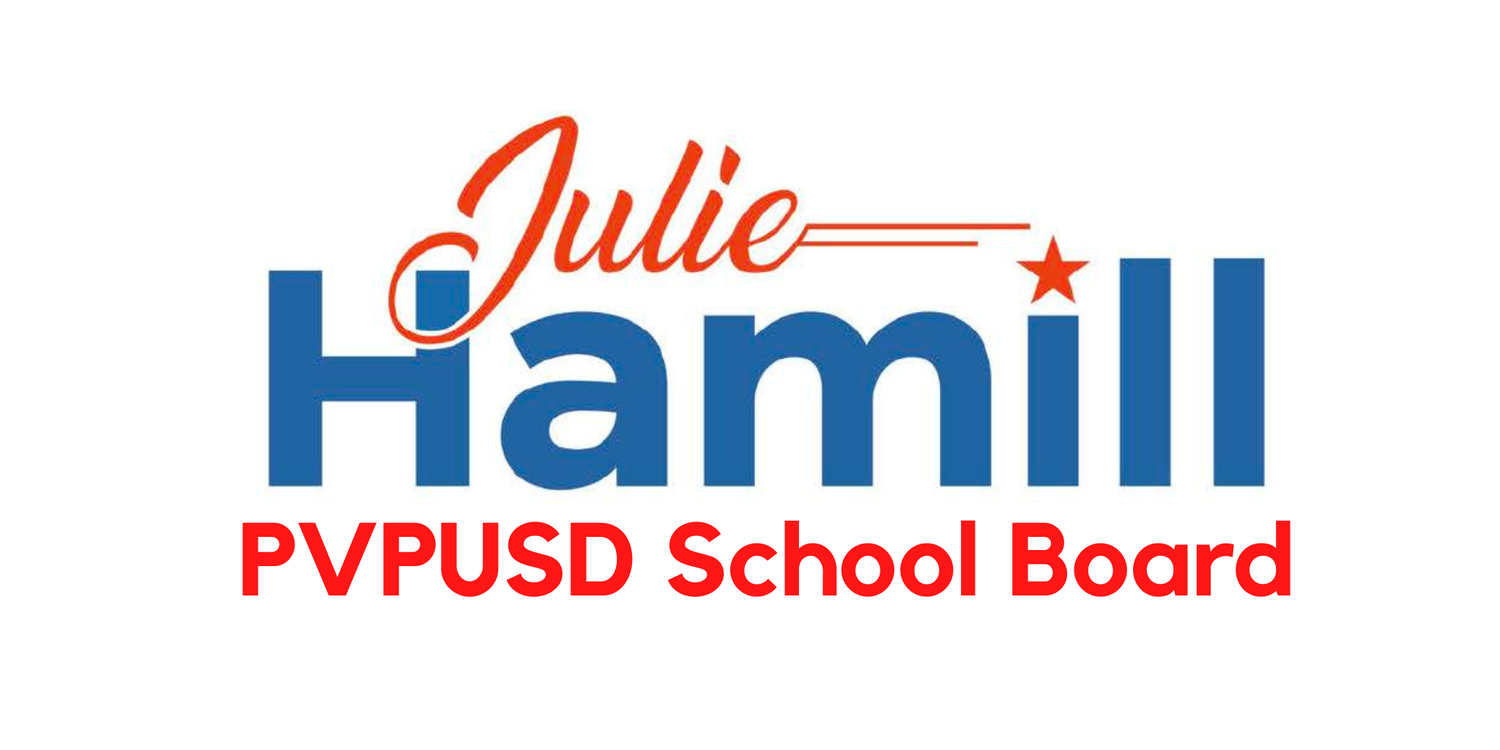Uncomfortable Conversations and the Latest Controversy
In order to have open and fair discussions we need to begin with an understanding of the same facts. Too often, we draw conclusions based on what others have said. In the age of social media, it’s easy for facts to be twisted and to make mountains out of molehills. We’re all busy. If a person we trust has an opinion about an issue, we tend to go along with it instead of doing our own research. Unfortunately, sometimes a trusted person might be intentionally inciting outrage and chaos for political gain.
So, let’s discuss the facts:
Q: Why are people talking about a book read by a fifth grade teacher to her class?
A: Parents of children in this particular class reached out to the district with concerns about what was being read to their children. The book is not part of approved curriculum or approved learning materials, and the subject matter is controversial. Our district’s controversial materials policy, which requires compliance with a set of guidelines, is here.
Q: But the book is approved by California Department of Education (CDE). Doesn’t that mean it’s OK to read in class?
A: The book is not part of CDE-adopted instructional materials. It is on the CDE’s “Recommended Literature List.” As the CDE’s disclaimer for its literature list says, "[u]ltimately, it is the responsibility of the district to select literature according to the selection policies that are in place…. Many of the literature selections available within the Recommended Literature List contain material that can be considered provocative or controversial."
Q: What about the FAIR Act? Aren’t teachers required to read books like the one at issue?
A: No. The FAIR Act discusses instruction in history–social science to include the contributions of protected groups listed in Education Code Section 51204.5, and it is up to local districts to determine how the instructional content is included. The book in question is a fictional story that does not accurately portray the contributions of protected groups to the development of our state or nation (which is what the FAIR Act requires). More on that here.
Q: Why are you making teachers disclose the books they read to their classes? Shouldn’t there be spontaneity in education?
A: It’s the law. Teachers are required to keep all instructional materials on hand in the classroom and make them available to parents. See Education Code sections 49091.10 and 51101(a)(8).
Further, engaging in spontaneous discussions about sex and gender with young children is not safe or appropriate behavior. One of the district’s teachers was just convicted of possession of child pornography. This shows why it is critical that parents speak to their children about appropriate boundaries when it comes to discussing sensitive and private issues, to trust their instincts when they feel boundaries have been crossed, and to ensure those boundaries are not violated. Blurring the lines between appropriate and inappropriate discussions between adults and children about private issues like body parts and sexuality is dangerous for everyone involved.
Q: Are you banning the book?
A: No. But it is important for everyone to understand that curriculum and materials must be approved and compliant with law and policy before they are used for teaching.
Q: How do we protect vulnerable children whose parents are not ”safe”?
A: Number one, we must treat every child with love, compassion, and respect. Regardless of any factor, we should all be “safe spaces” for all children. That does not mean having secret conversations with them about sex and gender - it means treating them with love and respect and protecting them from abuse and harm to the extent possible. But school districts are government agencies, and teachers are government employees. The students in our district are not the government’s children, they are their parents’ children.
I understand that there are some children in our community who feel they cannot speak to their parents honestly about their gender and sexuality. I have love and compassion for these children. Some believe it is the role of a public school district to step into the shoes of a parent in this case, and provide a confidential space for the child to discuss these issues.
However, the vast majority of parents care deeply for their children and want to be involved in their growth and development. The law requires public schools to obtain written permission from parents before asking students about their personal beliefs, sexual practices, family life, morality or religion. California Education Code sections 51513 and 49091.12
Further, teachers are mandatory reporters. If abuse in the home is suspected, there are processes to follow (see here, for example). In California, parental rights can only be terminated by court order. Until then, the rights of the parents must be respected. It is not a teacher’s right or responsibility to take on the role of parent.
Q: What can I do if inappropriate materials are being taught in my child’s class?
A: Our district has policies in place to address issues with employees and instructional materials. These policies are found in the 1312 section. The template district complaint for instructional materials is here.
I encourage everyone in our community to engage in respectful discussion with others about uncomfortable issues and avoid shutting down discussion with name calling. In order to move forward, we have to be able to ask questions and voice concerns without being attacked.
I am grateful to people who have reached out to me directly to have conversations about sensitive issues. I learn a lot from all of you, especially those with a perspective different from my own.
As always, this is just one lady’s opinion. Please reach out if you want to chat: hamillj@pvpusd.net.
Agenda for next week is here.

